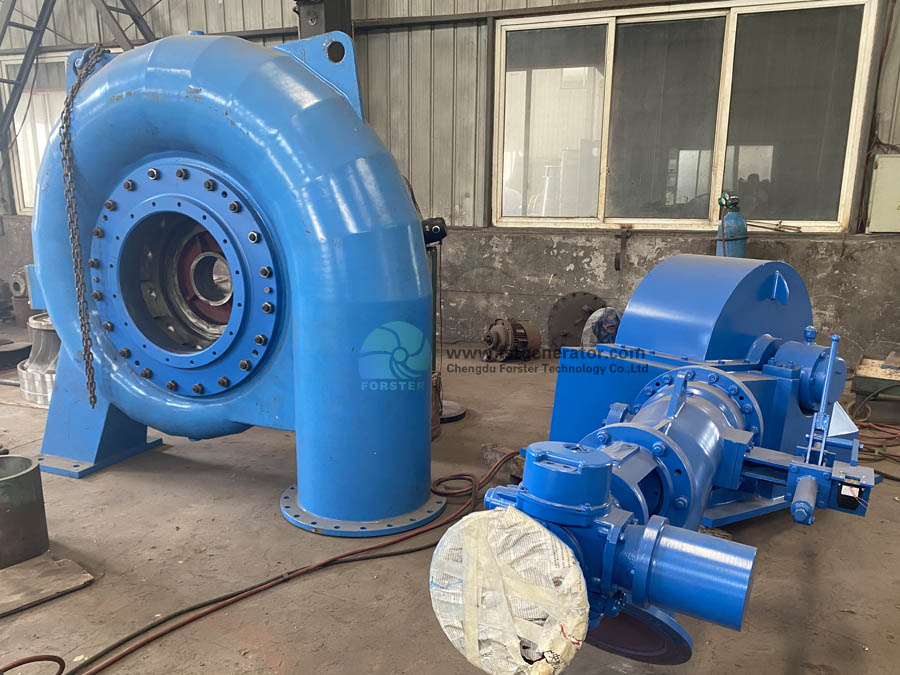Hydroelectric power is a renewable source of energy that relies on the continuous water cycle, ensuring a sustainable and eco-friendly power generation method. This article explores the benefits of hydroelectric power plants, their low carbon emissions, and their ability to provide stable electricity supply.
Sustainable Energy Source
Hydropower is renowned for its sustainability. Unlike finite fossil fuels, water resources are continually replenished through precipitation and the natural water cycle. This ensures that hydroelectric power can be harnessed indefinitely, making it an essential component of a sustainable energy future.
Low Carbon Emissions
One of the most significant advantages of hydroelectric power is its minimal impact on the environment in terms of carbon emissions. Unlike traditional fossil fuel-based power generation, hydroelectric plants produce very low levels of carbon dioxide. This makes them a crucial ally in the global effort to combat climate change, reducing the overall carbon footprint of the energy sector.

Stable Electricity Supply
Hydroelectric power plants offer a consistent and stable supply of electricity. Their operations are not subject to the fluctuations in fuel availability or price that fossil fuel power plants often experience. Since the flow of water is influenced to a lesser extent by seasonal and climatic variations, hydroelectric power plants can provide a reliable source of energy year-round, contributing to grid stability and reducing the risk of power shortages.
Impact on the Environment and Society
Despite their numerous advantages, hydroelectric power plants can have certain environmental and social impacts. These may include:
Ecosystem Impacts: The construction of reservoirs for hydroelectric plants can alter the surrounding ecosystems, affecting aquatic and terrestrial habitats. Careful environmental management is crucial to mitigate these effects.
Community Relocation: In some cases, the construction of hydroelectric power plants may necessitate the relocation of local communities. This can have social and cultural implications, and it is essential to address these concerns while planning and executing such projects.
Geological and Water Resource Management: Hydroelectric power plants require careful management of water resources and geological conditions to ensure their sustainability. This includes sedimentation control and periodic maintenance.
In conclusion, the construction of hydroelectric power plants is vital for meeting energy demands, reducing carbon emissions, and promoting sustainable development. However, it is equally important to strike a balance between the advantages of power generation and their potential impacts on the environment and society. Through responsible and sustainable hydroelectric plant construction, we can make a significant contribution to the future of clean energy.
Post time: Sep-11-2023
